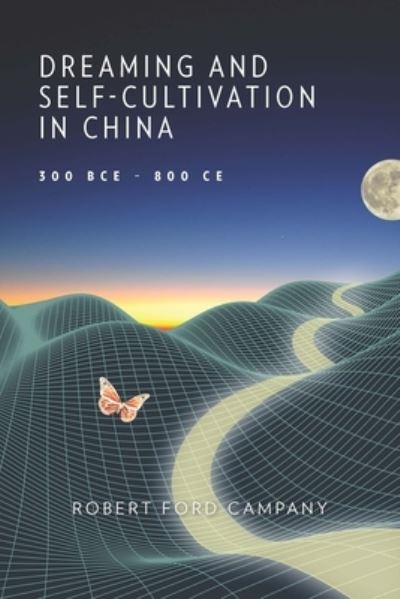
Practitioners of any of the paths of self-cultivation available in ancient and medieval China engaged daily in practices meant to bring their bodies and minds under firm control. They took on regimens to discipline their comportment, speech, breathing, diet, senses, desires, sexuality, even their dreams. Yet, compared with waking life, dreams are incongruous, unpredictable-in a word, strange. How, then, did these regimes of self-fashioning grapple with dreaming, a lawless yet ubiquitous domain of individual experience?
In Dreaming and Self-Cultivation in China, 300 BCE-800 CE, Robert Ford Campany examines how dreaming was addressed in texts produced and circulated by practitioners of Daoist, Buddhist, Confucian, and other self-cultivational disciplines. Working through a wide range of scriptures, essays, treatises, biographies, commentaries, fictive dialogues, diary records, interpretive keys, and ritual instructions, Campany uncovers a set of discrete paradigms by which dreams were viewed and responded to by practitioners. He shows how these paradigms underlay texts of diverse religious and ideological persuasions that are usually treated in mutual isolation. The result is a provocative meditation on the relationship between individuals' nocturnal experiences and one culture's persistent attempts to discipline, interpret, and incorporate them into waking practice.
| ISBN: | 9780674293731 |
| Publication date: | 30th June 2023 |
| Author: | Robert Ford Campany |
| Publisher: | Harvard University Asia Center an imprint of Harvard University Press |
| Format: | Paperback |
| Pagination: | 336 pages |
| Series: | Harvard-Yenching Institute Monograph Series |
| Genres: |
Asian history East Asian and Indian philosophy Buddhism Taoism |